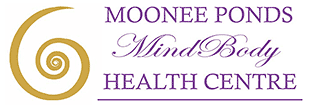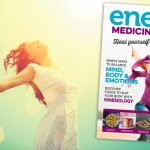Can Exercise Actually Deplete A Person’s Health?
Over the last 20 years our Centre’s practitioners have seen many people with chronic fatigue – a condition with multiple predisposing lifestyle factors – among them the pervasive “busy”ness of modern lifestyles.
Ask anyone at a social event how they are and you will invariably hear how busy they are.
Regardless of our state of health and mental and physical resources, we often choose to drive ourselves even harder with longer hours in the quest to meet desires, ambitions, obligations and the search for success. In traditional Chinese medicine, this excessive drive is viewed as an incorrect use of the will (zhi) and a major cause of depletion of our innate resources of blood, marrow and chi.
Our exercise, like our will, can be used in a way to build and sustain our health or deplete it. This distinction arises from viewing exercise as internal or external. External exercise requires the use of our will to override our inner sense of knowing when enough work has been done. Exercise that manipulates the cardiovascular system, pulse and breath such as running, aerobics, body pump and so on, will have a net effect of depleting the body and the vital substances such as chi and blood. Internally focused exercises, such as yoga, tai chi, chi gong and meditation, do not consume these substances, but transform them so a person has more reserves when they have finished exercising and their internal capacity is strengthened.
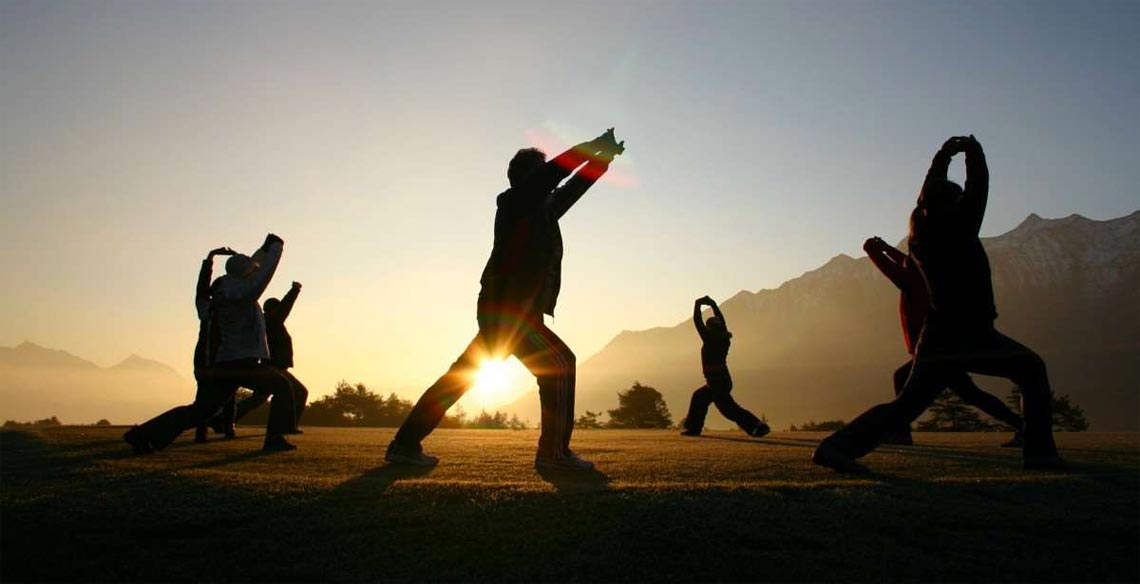
Tai Chi and Chi Gong
Will relates to our true purpose, and involves the coordinated use of heart and mind, to return to our original nature through self-discovery and self-realisation – essentially an internal process that aligns our will and actions in cultivating virtue and fulfilling our destiny.
In Chinese medicine, the heart is the emperor in charge of all the other organs, the seat of intellect and will, and its will emanates from the kidneys, which store our original or inherited chi. Lonny Jarrett, a great practitioner and writer on Chinese medicine, defines the heart as the official which empowers us to know spontaneously the nature of reality as it occurs in each moment. Reality is defined as the interpretation of events and response to them that empowers the fulfilment of individual destiny.
When the will is turned inward, as in introspection, it can know and act on higher will. When the will is turned outward the life reserve of essential essence (jing) is consumed as the individual expends chi, striving to satisfy the mind’s worldly desires. For the Confucian scholar, Mencius, the purpose of the will is to search for the lost heart. This requires a commitment to self-realisation and purifying the will so it can be focused on personal cultivation.
Continued overwork or overexercise leads to depletion, weakness of bones, lack of focus, confusion, forgetfulness and fearfulness. It can be a circular process where the more the will weakens, the less it is able to focus the confused mind. The increasingly confused mind may then dictate actions that further weaken will and deplete the energy. You may have watched an elderly loved one deteriorate in this way. In fact, this is an accurate description of how many people now age with the attendant descent into progressive dementia, bone loss, confusion and depression.
So ask yourself how you use your willpower; to push beyond limits? What sort of desires are motivating you and how can you use your will for self-empowerment rather than depletion?
Jane Lee-Stewart has been a practitioner of Holistic Kinesiology and Mind Body Medicine at Moonee Ponds MindBody Health Centre since 2000. She is available for consultation and advice, and can assist you to formulate tailored solutions for a wide range of health issues. Contact The Centre to book an appointment today.
